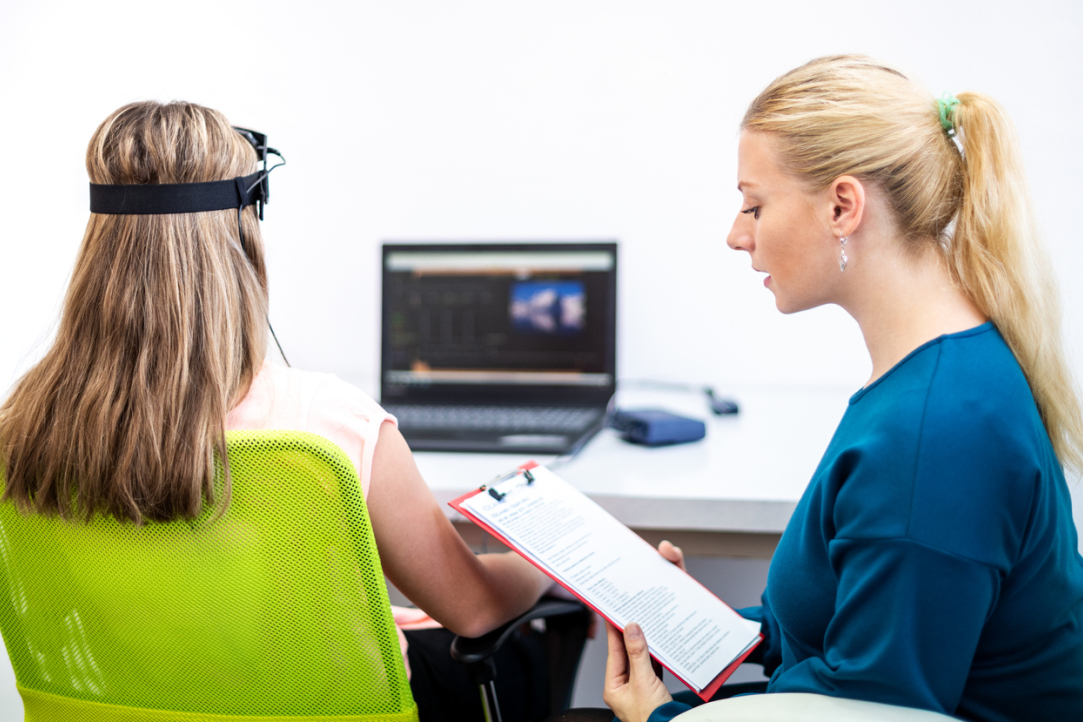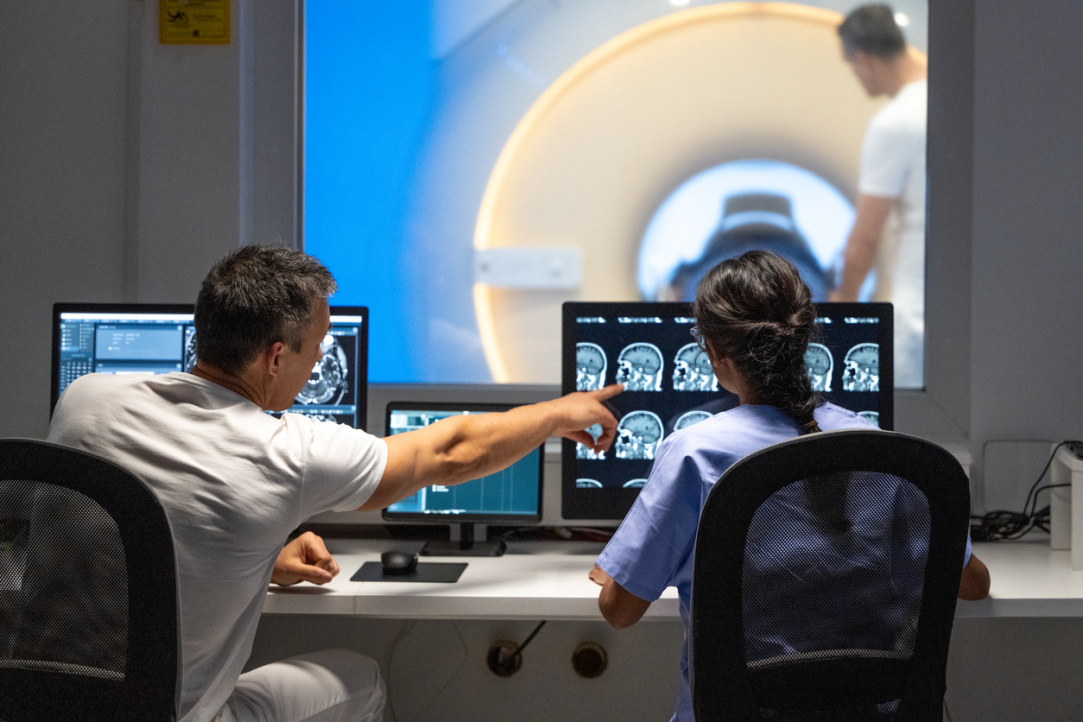
Income and Cost of Living Distribution Found to Be Similar in Russia and US
Researchers at the HSE Faculty of Economic Sciences Laboratory for Wealth Measurement analysed income and cost of living data at the sub-regional level in Russia (municipalities) and in the US (counties). The study reveals that territorial differences in the cost of living are more pronounced in Russia compared to the United States. However, the distribution of overall income across settlements of varying sizes is quite comparable in both countries. The article has been published in the HSE Economic Journal.

People Spend 1/6th of their Lifetime on Enhancing Their Appearance
An international team including HSE researchers has conducted the largest ever cross-cultural study of appearance-enhancing behaviours. They have found that people worldwide spend an average of four hours a day on enhancing their beauty. Caring for one's appearance does not depend on gender, and older people worry as much about looking their best as the young do. The strongest predictor of attractiveness-enhancing behaviours appears to be social media usage. The study findings have been published in Evolution and Human Behaviour.

How Semiconductors Are Studied and Created for Nanophotonics
Between March 27 and May 17, applications are open for the Mirror Lab Project Competition. As part of the new applications campaign, the HSE University bulletin (Okna Rosta) is publishing a series of interviews with the winners of last year's competition. In this issue, Natalia Kryzhanovskaya and Maxim Solodovnik speak about nano- and quantum technologies, as well as cooperation between HSE and Southern Federal University (SFedU).

Russian Researchers Explain Origins of Dangerous Coronavirus Variants
HSE researchers, in collaboration with their colleagues from Skoltech and the Central Research Institute for Epidemiology, have uncovered the mechanisms behind the emergence of new and dangerous coronavirus variants, such as Alpha, Delta, Omicron, and others. They have discovered that the likelihood of a substitution occurring at a specific site of the SARS-CoV-2 genome is dependent on concordant substitutions occurring at other sites. This explains why new and more contagious variants of the virus can emerge unexpectedly and differ significantly from those that were previously circulating. The study’s findings have been published in eLife.

EEG and Eye Tracking Help Calculate Attentional Engagement Index
Researchers at the HSE Institute of Cognitive Neuroscience have discovered that analysing the electrical activity in the brains of a small group of people and studying their visual attention makes it possible to predict the impact of an online advertising campaign on a much larger group of 300,000 consumers. The paper has been published in Brain Sciences.

Language Impairment in Autism Associated with Grey Matter Volume
Researchers from Russia and the U.S. have found language impairment in children with Autism Spectrum Disorder (ASD) to be associated with a lower volume of grey matter and greater gyrification in the temporal and frontal lobes of the cerebral cortex. These regions play a critical role in language functioning. Understanding the structural characteristics that underlie behavioural deficits can aid in designing special education programmes for children with autism. A paper with the study’s findings has been published in Scientific Reports.

Common Research Interest: Welfare Studies
Throughout the year, the HSE International Laboratory for Social Integration Research (ILSIR) is hosting consulting seminars on ‘Care and Welfare in Post-Socialist Eurasia: Institutions, Discourses, Identities’ with presentations by leading foreign experts. The first seminar in the series, ‘Conceptualising Social Activism’ was held on April 4 with the participation of Professor Linda Cook, Academic Supervisor of HSE ILSIR. The second one will take place on April 18.

HSE Psychologists Propose New Approach to Building Soft Skills
Researchers at HSE's School of Psychology have used the findings of studies into creativity and multilingualism to develop 'Plurilingual Intercultural Creative Keys’ (PICK), a new programme which integrates both aspects into the teaching and learning process. The study results have been published in Psychology. Journal of the Higher School of Economics.

Learning a Foreign Language Can Delay the Onset of Dementia
Dementia, a debilitating form of cognitive impairment, can be preventable. According to Professor Jubin Abutalebi of the University Vita Salute San Raffaele, Italy, and the Arctic University of Tromsoe, Norway, the easiest way to prevent cognitive decline after the age of 60 is to learn and practice foreign languages – the more languages, the better, suggests Professor Abutalebi in his presentation 'Preventing dementia through bilingualism' at the XXIV Yasin (April) International Academic Conference.

Alcohol Consumption by Young Russians Drops by Half, Study Says
Sociologist Valeria Kondratenko used data from the Russian Longitudinal Monitoring Survey-HSE (RLMS-HSE) to demonstrate that the percentage of young Russians aged 14 to 22 who consume alcohol decreased by 2.3 times from 62.1% to 26.9% between 2006 and 2019. This paper also explores the correlation between the alcohol consumption habits of children and those of their parents. A paper with the findings of this study has been published in the Bulletin of RLMS–HSE.


Deadline for submitting applications - September 5, 2025